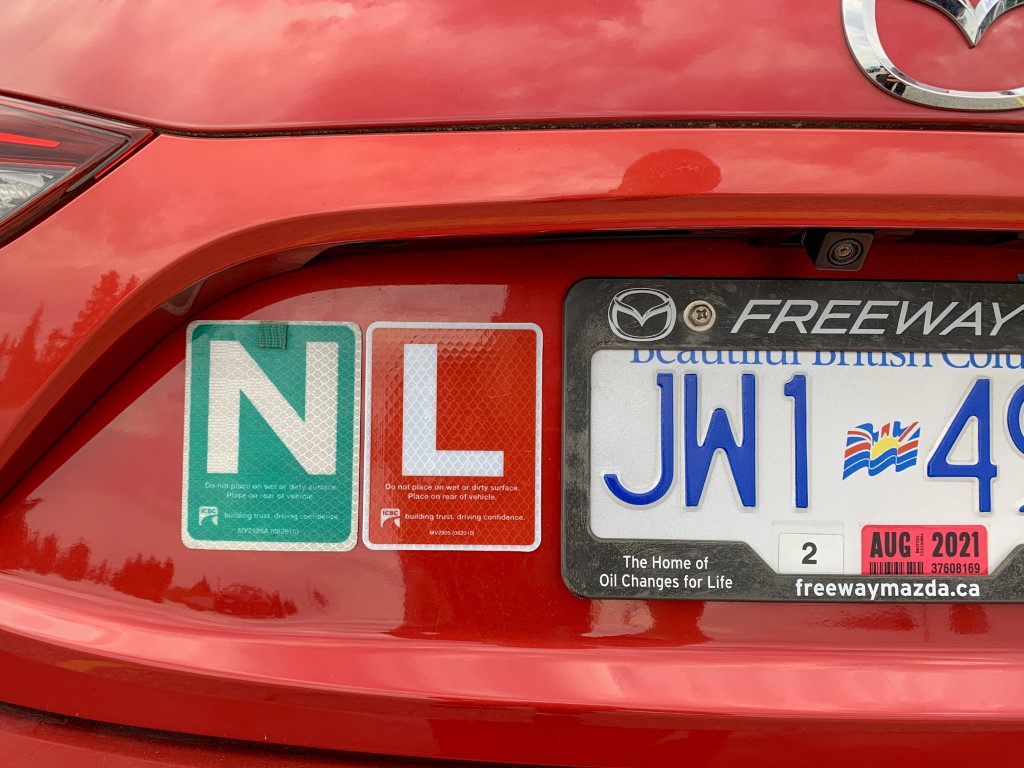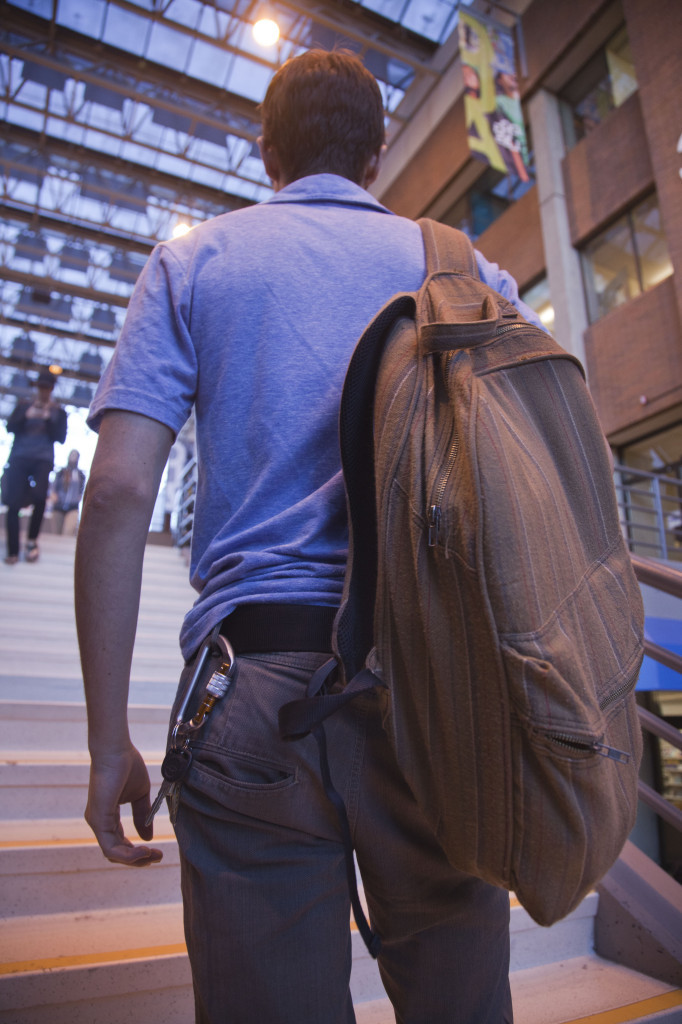Vote is 74 per cent against the university
By Angela Espinoza, News Editor
On October 30, after a months-long debate, Trinity Western Law School was turned down by the BC Law Society as an accredited law school.
Trinity Western’s new law school was previously approved by the BC Law Society back in April. The law school itself was approved of back in December of last year. However, the Christian university’s stance on banning gay sex led many outside the school to feel the bias would ultimately have negative effects regarding law studies in Canada.
All students who study at Trinity Western are required to sign a pledge that they will not engage in “sexual intimacy that violates the sacredness of marriage between a man and a woman.” Trinity Western’s law school, which was set to open by September 2016, would have been the first Christian-based law school in Canada, according to a CBC piece published in April.
By September, there was increasing demand for a referendum regarding the decision to recognize Trinity Western’s law school.
The vote saw 74 per cent reverse the society’s earlier approval. Trinity Western’s spokesperson Guy Saffold told CBC, “The university is disappointed with this vote.
“Trinity Western believes in diversity and the rights of all Canadians to their personal beliefs and values. A person’s ability to study and practice the law should not be restricted by their faith.”
When the university began teaching education in 2001, an identical situation occurred where many felt future teachers who learned at Trinity Western would enter their fields with unwelcoming bias to the LGBTQ+ community. The case was eventually brought to the Supreme Court of Canada, which approved the school of education.
While some are disheartened by the referendum’s decision, many feel the vote was justified.
Michael Mulligan, a Victoria-based lawyer who has been against the law school, told Global News, “Respect for equality is a foundation principle of the rule of law and should be a foundation principle of the legal profession.”
In a statement to CBC, Mulligan added, “The policies of this university are inconsistent with core values of legal profession insofar that this university continues to dispel or expel students for their private sexual activities.”
Despite the decision, Trinity Western is challenging the referendum and planning on bringing the case to court. The school defends they have a right to practice their religious beliefs despite their professions and educations.


